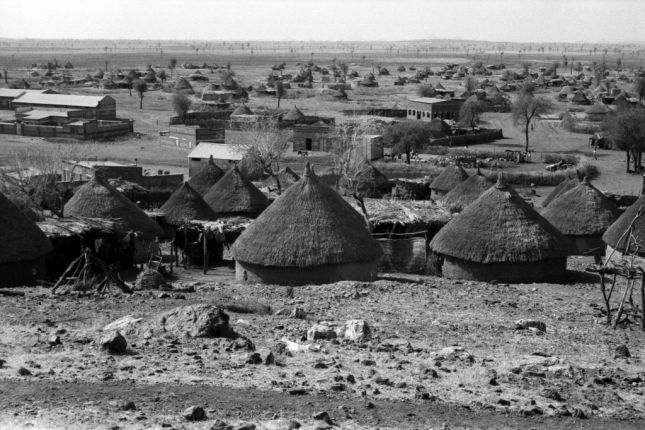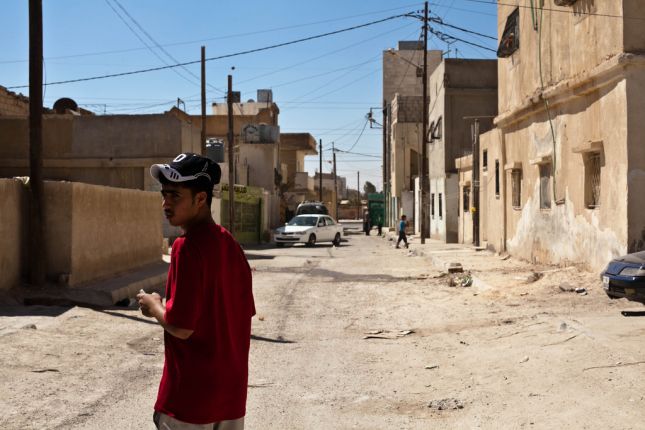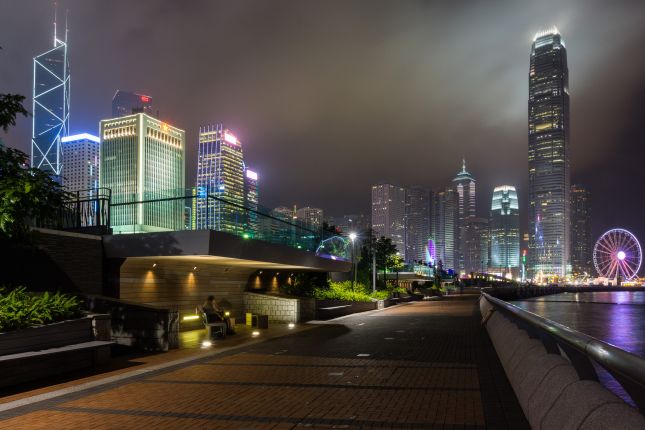PRA Interviews Dr. Mark Lutter on Property Rights and Refugees
From Refugees Camp to Thriving City, How Rights Can Transform Humanitarian Assistance
The UNHCR estimates there are 21.3 million refugees in the world, with about 7 million of them living in camps. Originally intended to be temporary solutions that would secure all human rights for those requiring shelter, the reality has been less than ideal. Difficult political environments of host countries and intractable conflicts have forced many refugees to stay for generations in camps that fall short of protecting their rights to legal employment or to own property.
The recent flood of nearly 500,000 Syrian refugees crossing into Europe, and 4 million elsewhere, has put more stress on the system and forced policymakers to consider reforms. Among the suggested ideas attracting attention is to turn refugee camps into autonomous cities. Property Rights Alliance recently discussed this idea with Dr. Mark Lutter who completed his PhD dissertation on Proprietary Cities at George Mason University and is now Lead Economist at NeWAY Capital a private firm that develops a version of proprietary cities called Prosperity Cities, to discuss how such an arrangement could realize property rights and better the lives of refugees.
PRA: Can you explain a bit about Prosperity Cities and where they fit in an economic development context?
Dr. Lutter: Modeled after Hong Kong, Singapore, Dubai, and Shenzhen, Prosperity Cities are greenfield cities with world class legal systems. Prosperity Cities are based on the notion that a zonal approach can achieve deeper and more substantive governance reforms than a national approach. The use of uninhabited land limits opposition by special interest groups.
Prosperity Cities help alleviate two major development problems facing the world today, urbanization and governance. The UN estimates there will be an additional 2.5 billion urban residents by 2050. The new urban residents will need homes and infrastructure to build their lives. Poor governance is the primary cause of poverty today. Institutional barriers to economic activity prevent increases in productivity which alleviate poverty.
China shows how a zonal approach can alleviate poverty. In 1980, they designated Shenzhen a special economic zone. It attracted more foreign direct investment in its first year than the rest of China combined. Its success led China to create special economic zones throughout the country, helping to spur the economic growth that lifted 800 million people out of poverty.
PRA: What about refugee camps make them good candidates to be Prosperity Cities, and what ingredients are they lacking to realize full implementation of this policy?
Dr. Lutter: Refugee camps have destitute populations in need of hope. They are unable to return home, and unable to rebuild their lives. Most countries do not give refugees work permits, forcing them to work informally and precluding the possibility of outside investment. The result is that refugees become entirely dependent on aid agencies.
Prosperity Cities could offer refugees hope. By giving those in refugee camps a legal system which respects their rights, they would be able to legally work, own and improve their property, and attract outside investment to rebuild their lives.
Turning refugee cities into Prosperity Cities is a politically attractive proposition. First, it would provide substantial benefits to the refugees themselves. Second, it would help alleviate the political concerns of European countries. Third, by reducing refugee flows, it would reduce security concerns of refugee migration.
PRA: Are there examples of what could happen if say the Palestinian camps that have been in operation since 1948 in Lebanon and Jordan and are now hosting nearly 2.5 million people, became proprietary cities?
Dr. Lutter; From 1945 to 1951 the population of Hong Kong increased from 600,000 to 2.1 million. The increase was largely due to refugees fleeing the civil war in China. Hong Kong became what it is today largely because it had a good legal system. Turning refugee camps into Prosperity Cities could have comparable results. Admittedly, refugee camps would be at a disadvantage as they are often located away from global commerce.
The key to prosperity is rule of law, property rights, and economic freedom. If refugee camps adopt these keys, they can create jobs, attract investment, and become beacons of hope.
Of course, in practice this is tricky. There are several necessary steps to turn refugee camps into Prosperity Cities. First, the host country must agree to economic reforms in the area of the camp. Basic reforms need to include the right for refugees to work, the right for refugees to own property, especially land, and a clear structure for dispute resolution.
Second, there must be clearly defined regulator responsible for the camp. This regulator will develop the details of the legal system, provide courts to resolve disputes, and ensure negative externalities are priced properly.
Third, there must be a developer which provides infrastructure to the city. This developer would build roads, provide water, electricity, sewage, and other traditional public goods.
Additionally, it is important to provide these services in a for profit manner. The goal of Prosperity Cities, especially applied to refugees, is to create the conditions for economic growth. Refugees are, and should be seen as, authors of their own lives. They must have to opportunity to produce, create wealth, and escape from dependency. A for profit model with the right incentive structure maximizes the probability of creating the conditions for success




